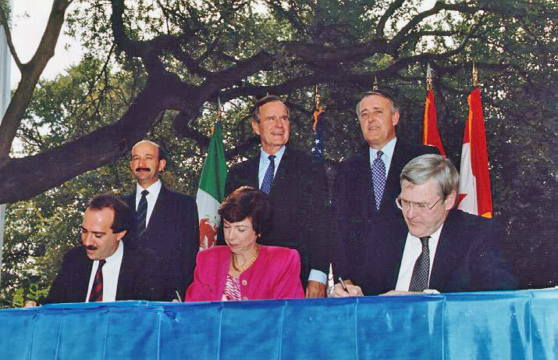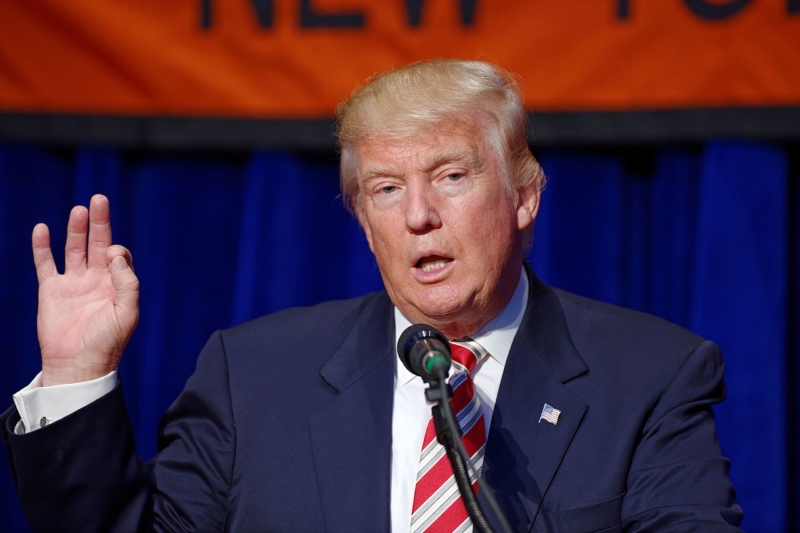
What are the Best Options for Modernizing NAFTA?
How significant of a priority should strengthening NAFTA be as compared to other trade agreements?
Back in July, it would have been impossible to predict that the talks to renegotiate the North American Free Trade Agreement (NAFTA) would end as they did, first with a deal with Mexico on Aug. 27 and then with Canada on Sept. 30. Practically up until those dates, the United States had made outlandish demands, and while we will probably never know what motivated it to move away from its most recalcitrant positions, the important fact is that it did. Mexico and Canada did not cave to the U.S. government’s pretensions and preserved most of the important features of the old deal while the United States backed down.
Many of the U.S. trade representatives’ demands were so unreasonable that it gave credence to the idea that what the U.S. government really wanted was to get a deal that, far from promoting, would destroy trade and investment among its NAFTA partners. Yet, the Mexican and Canadian negotiators repeatedly expressed firmly and credibly that they would rather take the unilateral termination of NAFTA by the United States than sign an agreement that would have the same practical consequence.
[...]
How significant of a priority should strengthening NAFTA be as compared to other trade agreements?
How will the change affect the countries’ trade relationship? What will be the economic impact in the United States and Mexico?
Michael Shifter fue entrevistado por Gerardo Torres de El Salvador sobre los temas más destacados en la agenda regional. Entre otros asuntos, Shifter habló sobre el futuro de la paz en Colombia, la crisis política y económica en Venezuela, y el impacto de las elecciones de Estados Unidos en la región.
 Wikipedia / CC BY-SA 4.0
Wikipedia / CC BY-SA 4.0

